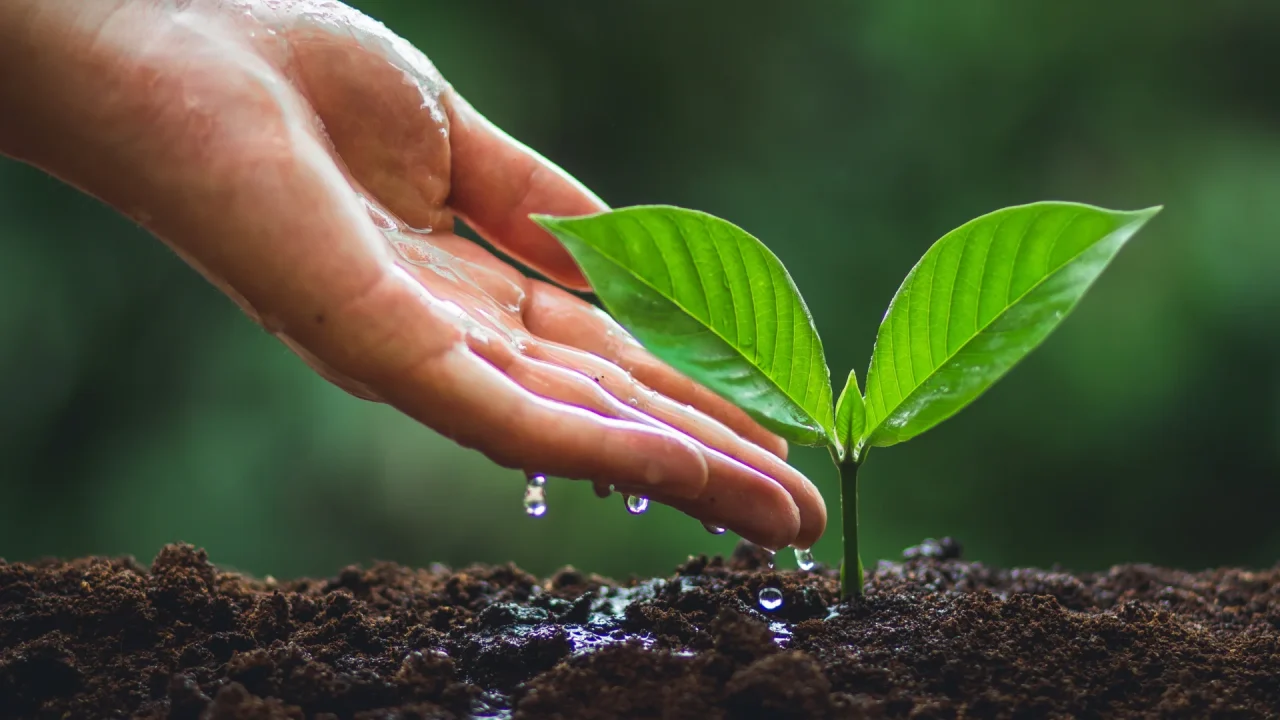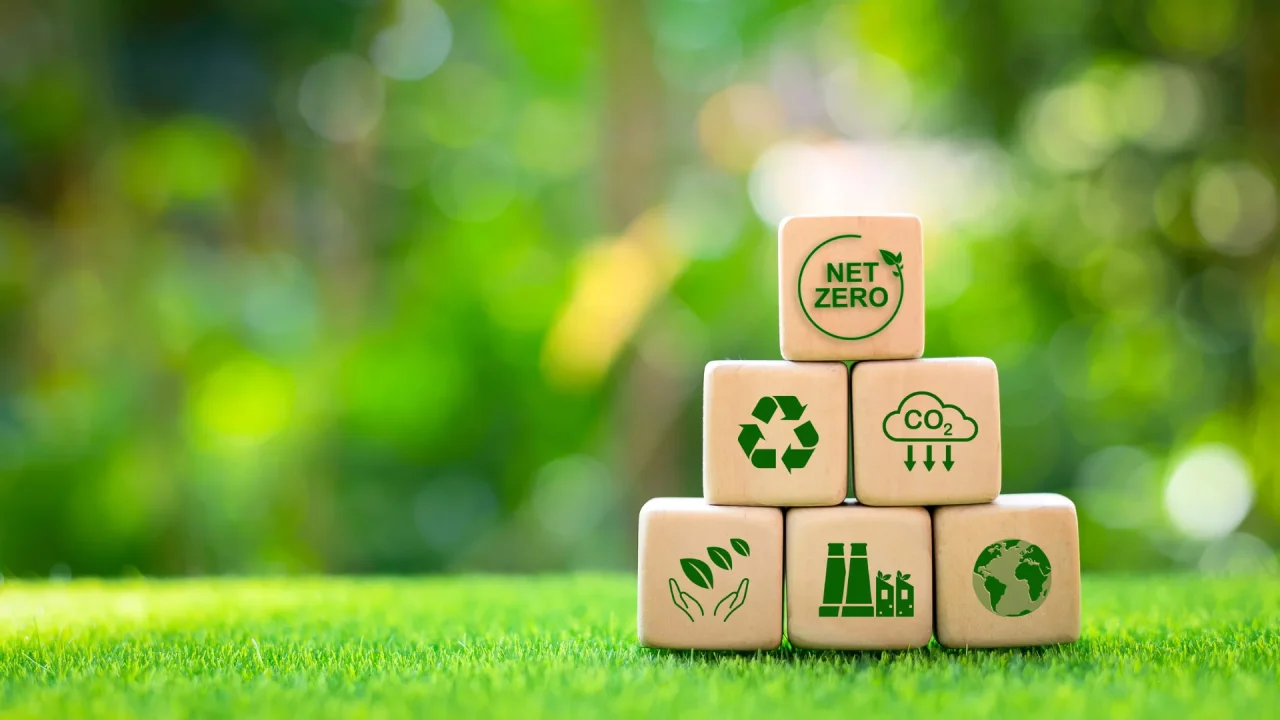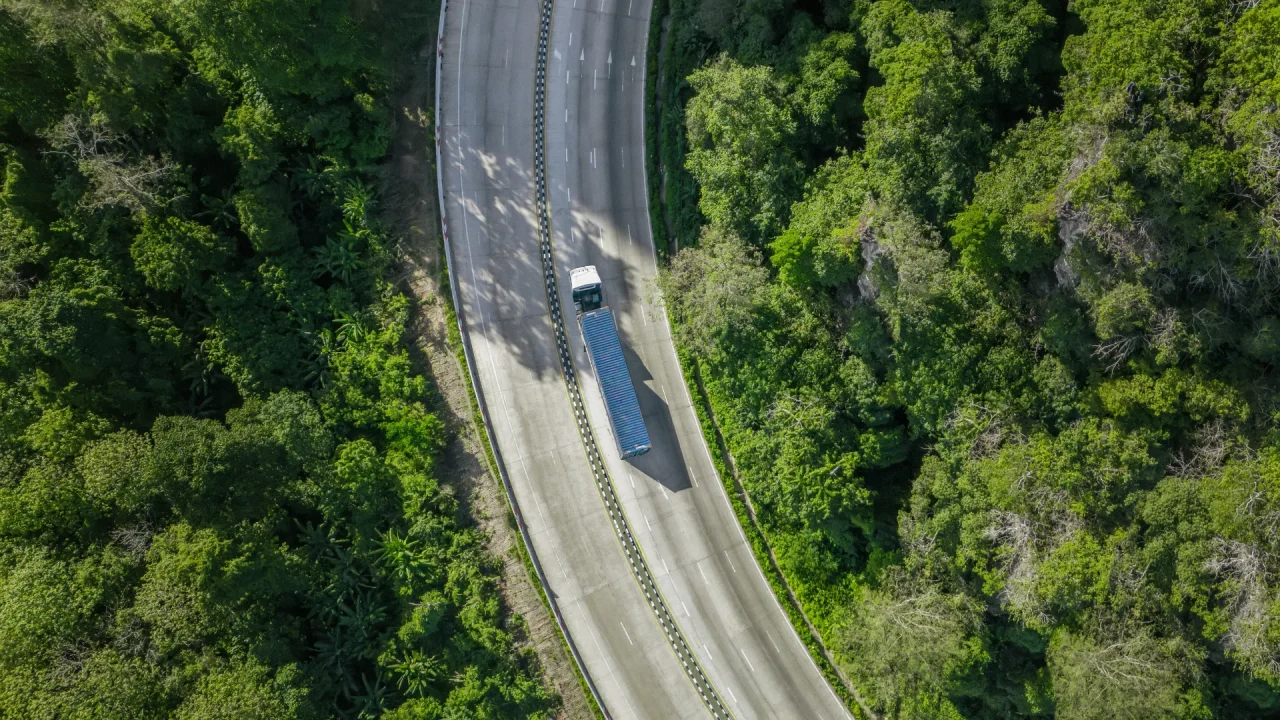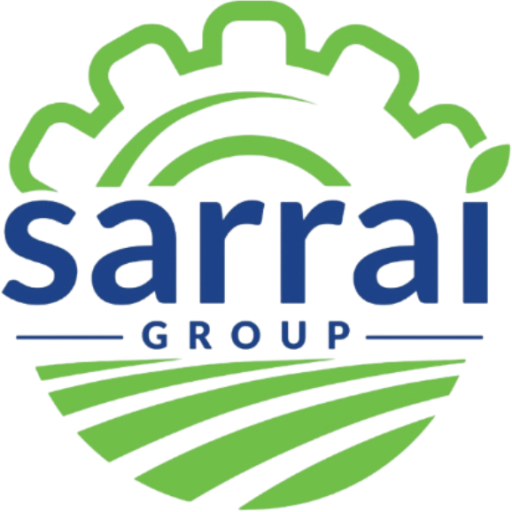Sustainability at Sarrai Group
Sustainability at Sarrai Group means building strong, local industries that respect forests, conserve energy and water, protect communities, and create long-term value across Uganda, Kenya, and Malawi. We embed sustainability into everyday operations for continuous, measurable improvement.

Our Core Pillars: Building Responsible Industry
We have structured our sustainability strategy around six interconnected pillars. These areas of focus ensure that our operations—from plantations to manufacturing—are resilient, responsible, and continually improving against global best practices.
Climate & Energy Solutions
Driving Efficiency and Low-Carbon Operations
We prioritize energy efficiency and low-carbon solutions across our manufacturing lines. In sugar processing, we use bagasse cogeneration to power operations, significantly reducing our reliance on external fossil fuels.
We also invest in process optimization, rigorous maintenance, and heat recovery to lower specific energy consumption across our cement and other industrial sectors. Our aim is to ensure reliable supply while steadily shrinking the carbon footprint per unit produced.

Forest Stewardship: A Long-Term Commitment
Continuous Replanting
Sustainable Harvesting
Ecosystem Protection
This stewardship supports a stable supply chain for products like MDF, plywood, particle boards, and doors.
Water & Soil Care: Responsible Resource Management

Protecting Catchments and Land Health
Across our estates and factories, water use is meticulously monitored and managed, with specific attention paid to reuse programmes where feasible and the protection of local water catchments. This is a critical component of environmental responsibility in the region.
In agriculture, we promote soil health through careful land preparation and crop management. We champion circular agronomy by recycling certain sugar by-products, such as filter cake, as a natural soil amendment.
Circularity and Waste Minimisation
We actively design for material efficiency across our value chain, preferring closed-loop, circular solutions to minimise waste and resource consumption.
Energy from Residues
Product Integrity
Supply Chain Collaboration
People, Safety, and Community Impact
Our people are at the centre of sustainability. We invest in their safety, professional development, and the well-being of the communities in which we operate.
Workplace Safety
Tracking safety performance with the same rigour as production KPIs, investing in PPE, training, and emergency readiness.
Health Outreach
Running health and wellness programmes and clinics that provide essential services to our workforce and surrounding populations.
Local Infrastructure
Investing in the basics—education, local roads, and access to water—that allow community economies to grow alongside our operations.
Governance and Reporting Standards
We anchor our progress in clear processes and documented controls. This commitment to standards ensures our sustainability efforts are real, measurable, and reliable.
- Aligning to rigorous national and regional regulatory standards.
- Implementing detailed Standard Operating Procedures (SOPs) across all departments.
- Conducting regular internal and external audits and management reviews.
- Using calibrated lab equipment to ensure accurate quality and environmental data collection.
- Internal reporting on key metrics: energy, water consumption, safety incidents, and community engagement results.
Consistent governance controls ensure transparency and build trust with all stakeholders, from regulators to customers.
What This Means for Our Customers
Choosing Sarrai Group means choosing a partner committed to shared value. Our sustainability investments translate directly into tangible benefits for you and your supply chain.
Resilient Supply
Local inputs, on-site cogeneration, and process efficiency help stabilise availability and price fluctuations.
Trusted Quality
Rigorous stewardship and disciplined QA result in consistent specifications for all our manufactured goods.
Shared Value
Your partnership supports local jobs, skills uplift, and stronger, more stable communities across East Africa.
Our Strategic Focus: The Next 3–5 Years
We are not resting on past achievements. Our mid-term strategy focuses on deepening our impact and expanding the reach of our responsible practices.
Energy-Intensity Reduction
Targeted incremental reductions via maintenance, heat integration, and next-generation efficient drives.
Reforestation Expansion
Expanded nursery capacity and accelerated reforestation efforts to ensure forestry resilience and biodiversity.
Advanced Water Stewardship
Launch of major water stewardship projects at the estate and plant level to reduce abstraction and increase reuse.
Waste-Minimisation Initiatives
Focus on packaging efficiency and waste reduction in our fast-moving consumer lines to enhance circularity.
We welcome partnerships: If your organisation has specific standards or reporting requirements, we can align our supply programmes with your long-term goals.
